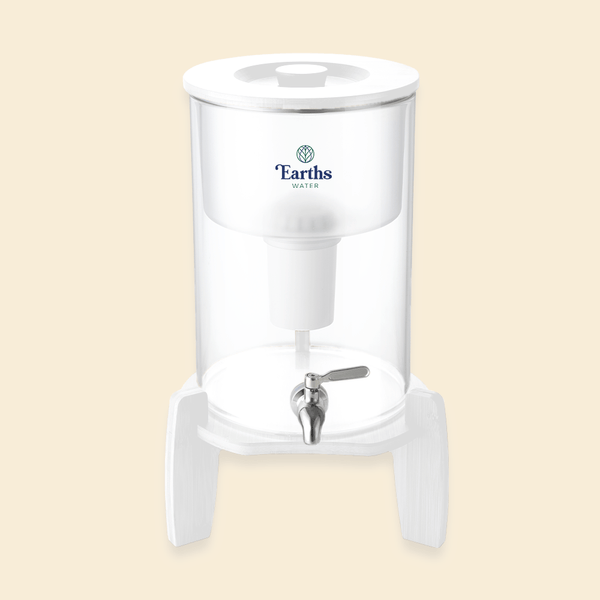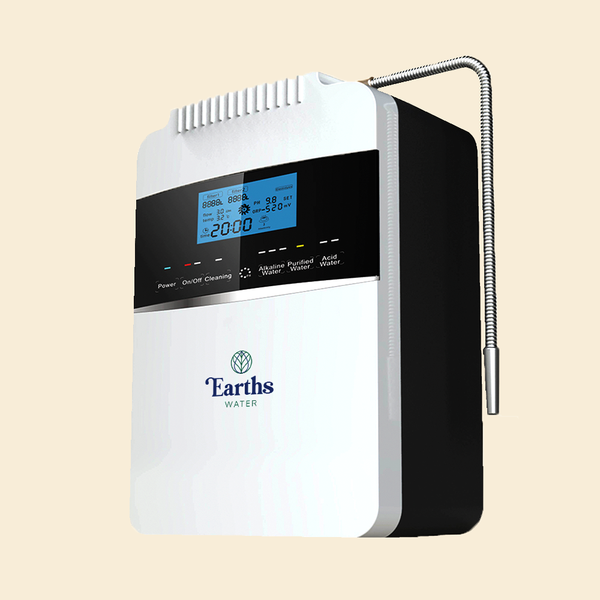In recent years, the use of alkaline water filters has gained significant popularity as people seek ways to improve the quality of their drinking water. One common question that arises is whether alkaline water filters are effective in removing harmful contaminants. In this blog, we will explore the capabilities of alkaline water filters in removing contaminants, shedding light on their effectiveness and the benefits they offer in providing clean, healthy water for you and your family.
Understanding Alkaline Water Filters
Before diving into the effectiveness of alkaline water filters in removing contaminants, it's important to understand how these filters work and what sets them apart from other filtration systems.
- Alkalinity and pH: Alkaline water filters raise the pH level of water, typically between 7.5 and 9, creating a more alkaline environment. This alkalinity is believed to counterbalance acidity in the body and potentially offer health benefits.
- Filtration: Alkaline water filters incorporate advanced filtration technologies to remove impurities, contaminants, and odours from the water. They employ various filtration methods such as activated carbon filtration, sediment filtration, and sometimes even reverse osmosis, to ensure the water you consume is clean and free from harmful substances.

The Effectiveness of Alkaline Water Filters in Removing Contaminants
Alkaline water filters, when properly designed and maintained, can be highly effective in removing harmful contaminants. Here are some key points to consider:
- Sediment and Particulate Matter: Alkaline water filters equipped with sediment filters are efficient in removing larger particles such as dirt, sand, rust, and other sediments that may be present in the water. These filters act as the first line of defence, preventing these particles from reaching your drinking water.
- Chlorine and Chemicals: Activated carbon filtration is a common feature in alkaline water filters. This filtration method is highly effective in removing chlorine, volatile organic compounds (VOCs), and certain chemicals that may be present in the water. By reducing the chlorine content, the water tastes and smells better, making it more enjoyable to drink.
- Heavy Metals: Some alkaline water filters like Earths Water utilise additional filtration technologies such as ion exchange and activated alumina to target heavy metals like lead, mercury, cadmium, and arsenic. These filtration methods can effectively reduce the presence of these harmful substances, ensuring that your water is safe for consumption.
- Microorganisms: While alkaline water filters may not be specifically designed to remove microorganisms like bacteria and viruses, many models with advanced filtration technologies, such as reverse osmosis, can effectively eliminate a wide range of microorganisms. It's important to check the specifications of the specific alkaline water filter you are considering to determine its capabilities in this regard.

The Benefits of Clean, Healthy Water
Investing in an alkaline water filter that effectively removes harmful contaminants can provide numerous benefits for you and your family:
- Improved Taste and Odour: Removing impurities and chemicals from the water can significantly improve its taste and odour. Alkaline water filters enhance the quality of your drinking water, making it more refreshing and enjoyable to consume.
- Health and Well-being: By eliminating contaminants and reducing exposure to harmful substances, alkaline water filters contribute to better overall health and well-being. Clean water is essential for proper hydration, organ function, digestion, and nutrient absorption.
- Peace of Mind: Knowing that your drinking water is free from contaminants provides peace of mind. Alkaline water filters act as a barrier, ensuring that your water is clean and safe for consumption, eliminating concerns about potential health risks associated with contaminated water.

Choosing the Right Alkaline Water Filter
When selecting an alkaline water filter, consider the following factors to ensure its effectiveness in removing harmful contaminants:
- Filtration Technologies: Look for filters that incorporate multiple stages of filtration, including activated carbon, sediment filtration, and additional methods such as reverse osmosis or ion exchange if necessary. These technologies work synergistically to provide comprehensive filtration and enhance the effectiveness of contaminant removal.
- Certification: Opt for Earths Water alkaline water filters that have been tested and certified by reputable organisations, such as NSF International. These certifications ensure that the filter meets stringent quality and performance standards.
- Maintenance and Replacement: Regular maintenance and timely replacement of filter cartridges are essential to maintain the effectiveness of an alkaline water filter. Ensure that the filter you choose is easy to maintain, with clear instructions on cartridge replacement.
Conclusion
Alkaline water filters can be highly effective in removing harmful contaminants, providing you with clean, healthy water for consumption. By incorporating advanced filtration technologies, these filters address a wide range of contaminants, including sediment, chlorine, chemicals, heavy metals, and microorganisms. Investing in an alkaline water filter not only improves the taste and quality of your drinking water but also contributes to your overall health and well-being.
When choosing an alkaline water filter, prioritise filters that have appropriate certifications, and offer ease of maintenance. By selecting a reliable and effective alkaline water filter, you can confidently enjoy the benefits of clean, healthy water for yourself and your loved ones.
Remember, clean water is a fundamental necessity for a healthy lifestyle, and with the right alkaline water filter, you can ensure that your hydration needs are met while enjoying the positive impact it can have on your overall well-being.









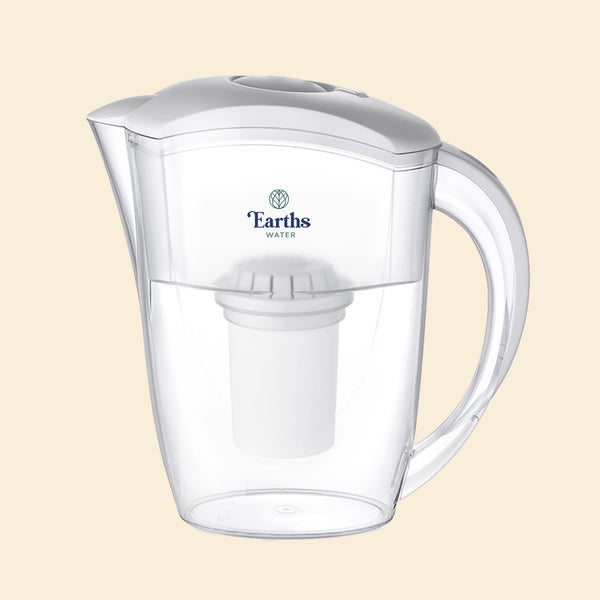
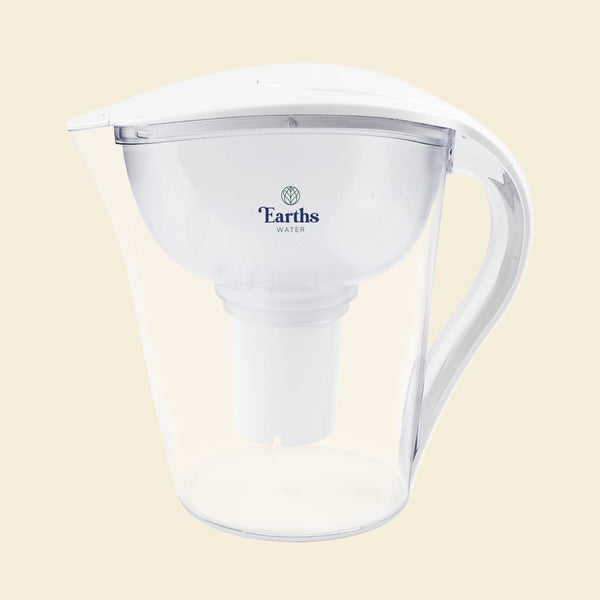
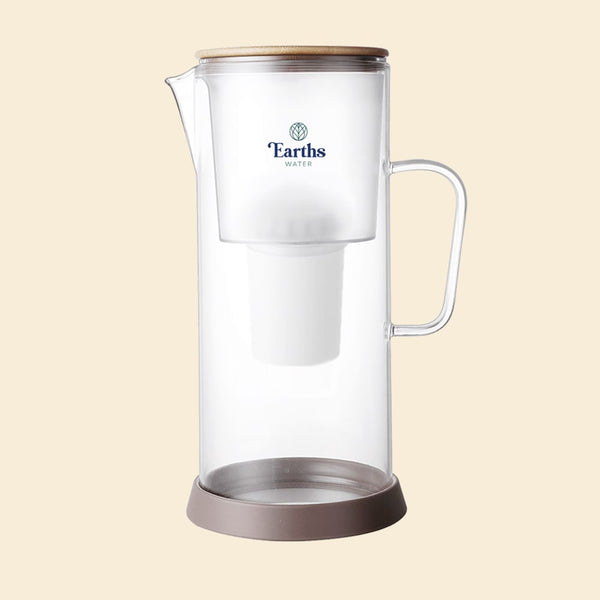
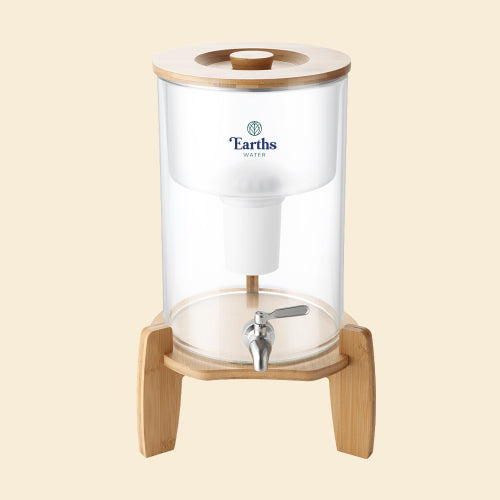


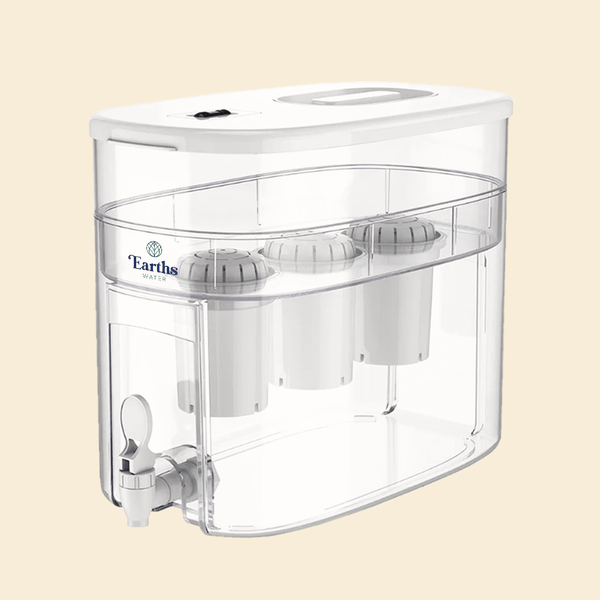
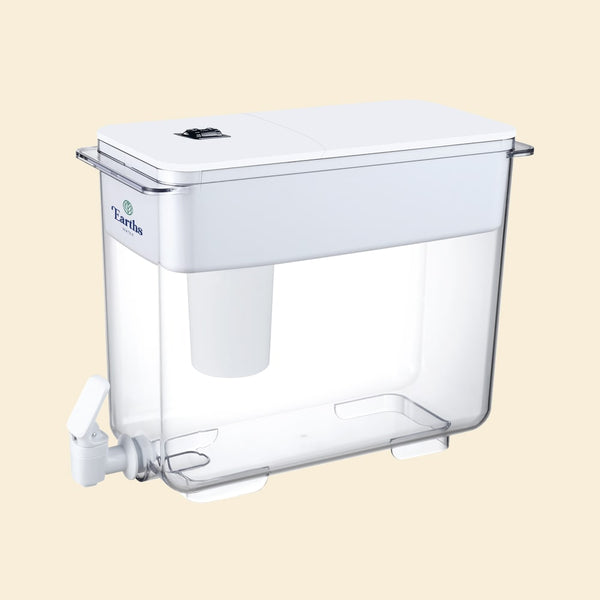
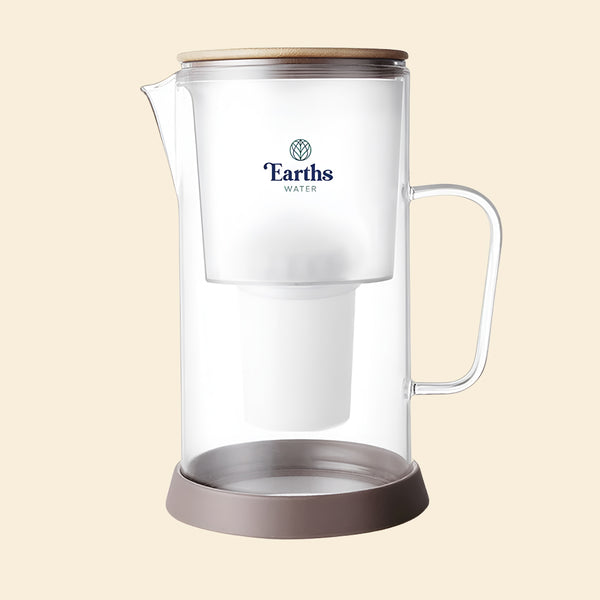

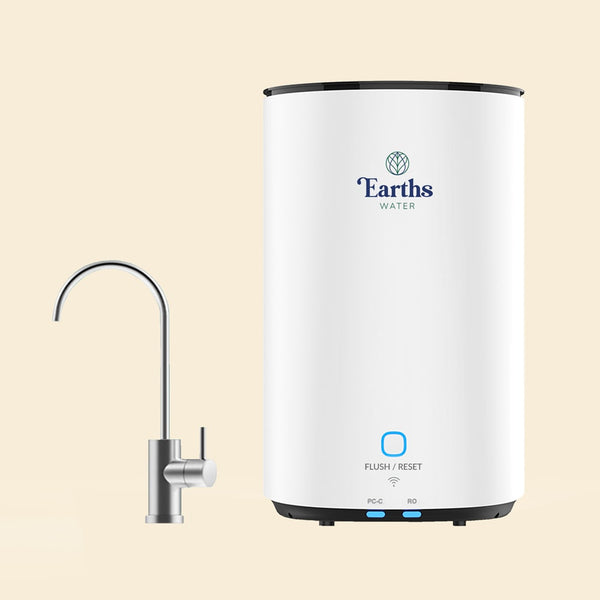

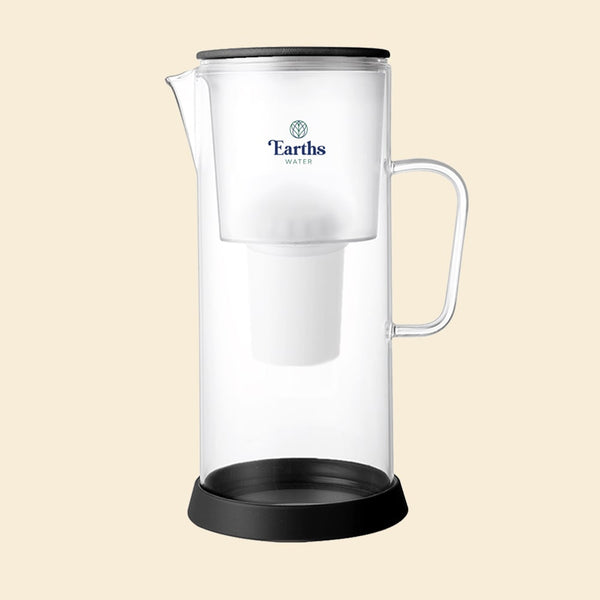
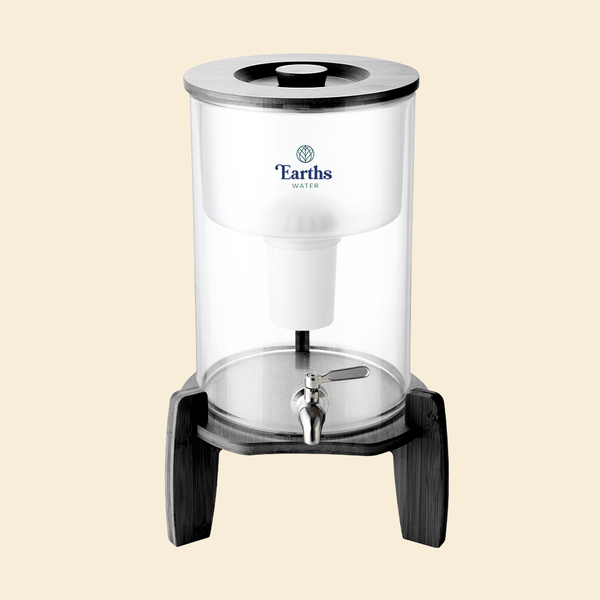
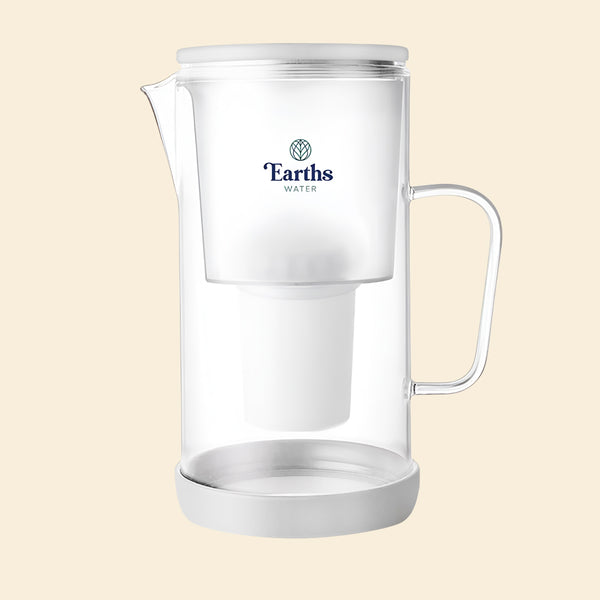

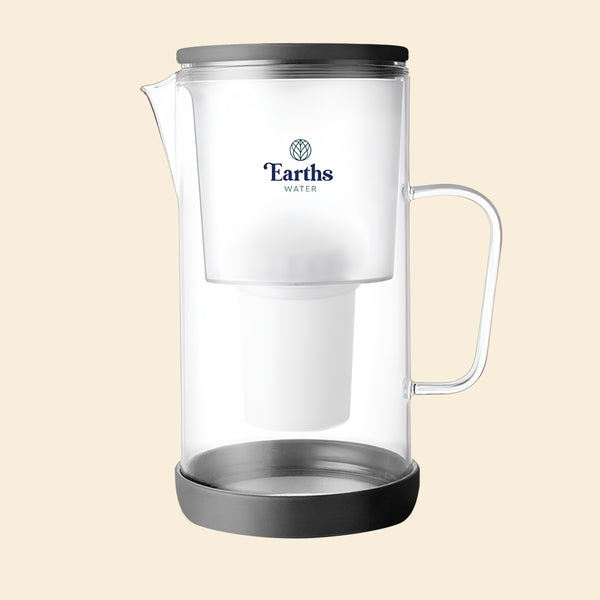
![9L Glass Benchtop Alkaline Water Filter - Eco Acacia [LIMITED EDITION]](http://earthswater.co.nz/cdn/shop/files/ACACIA-BENCHTOP-FRONT-BEIGE_600x600.png?v=1743392740)
